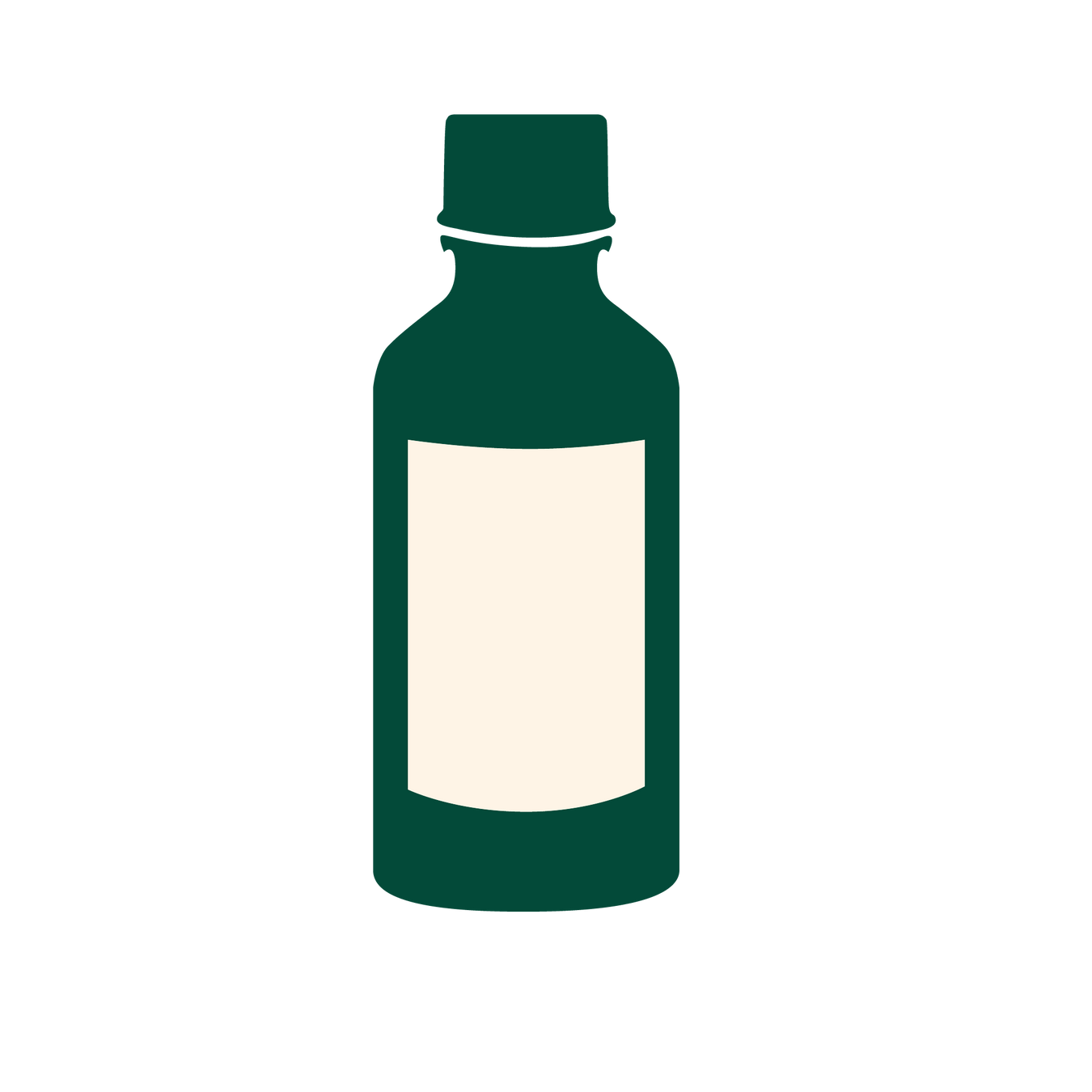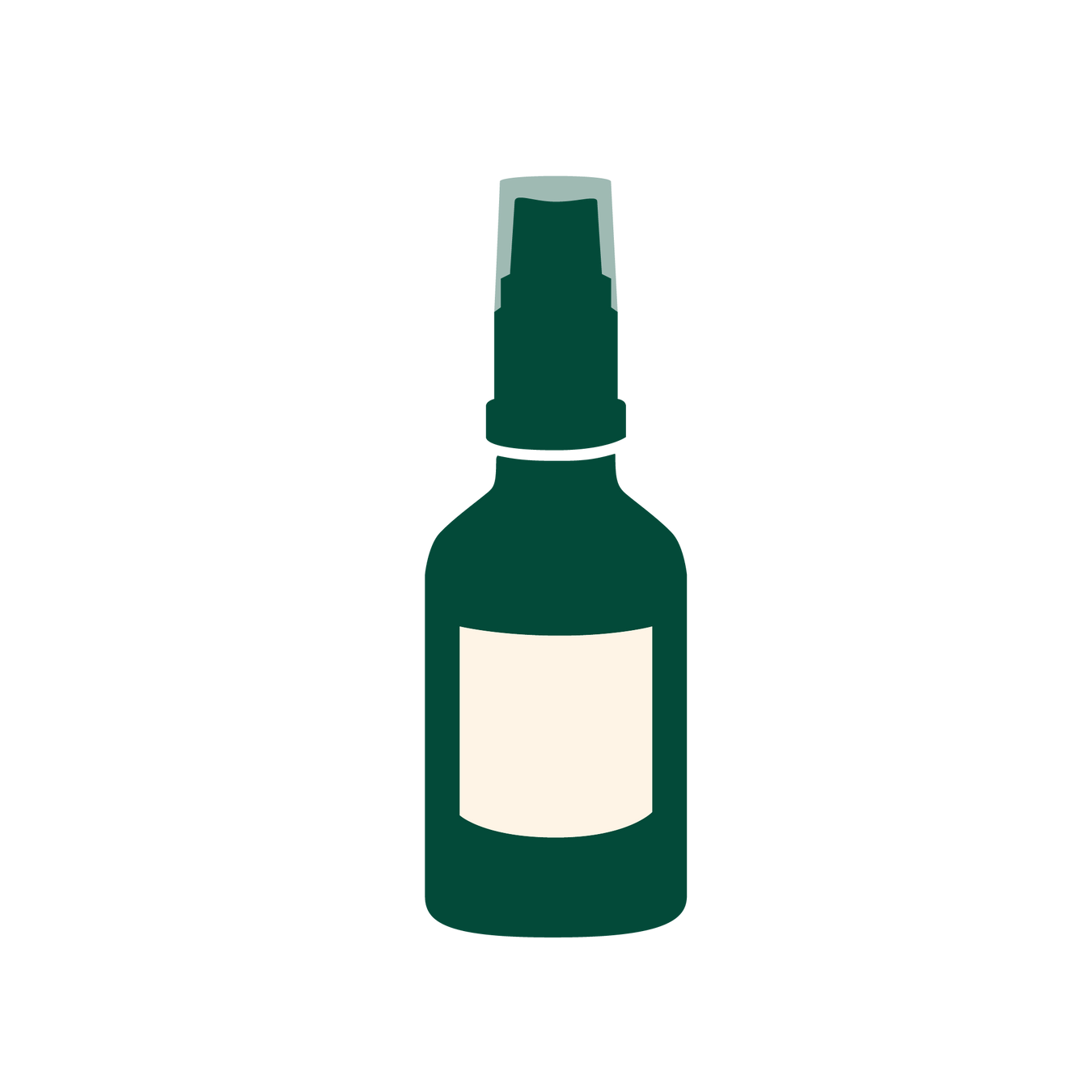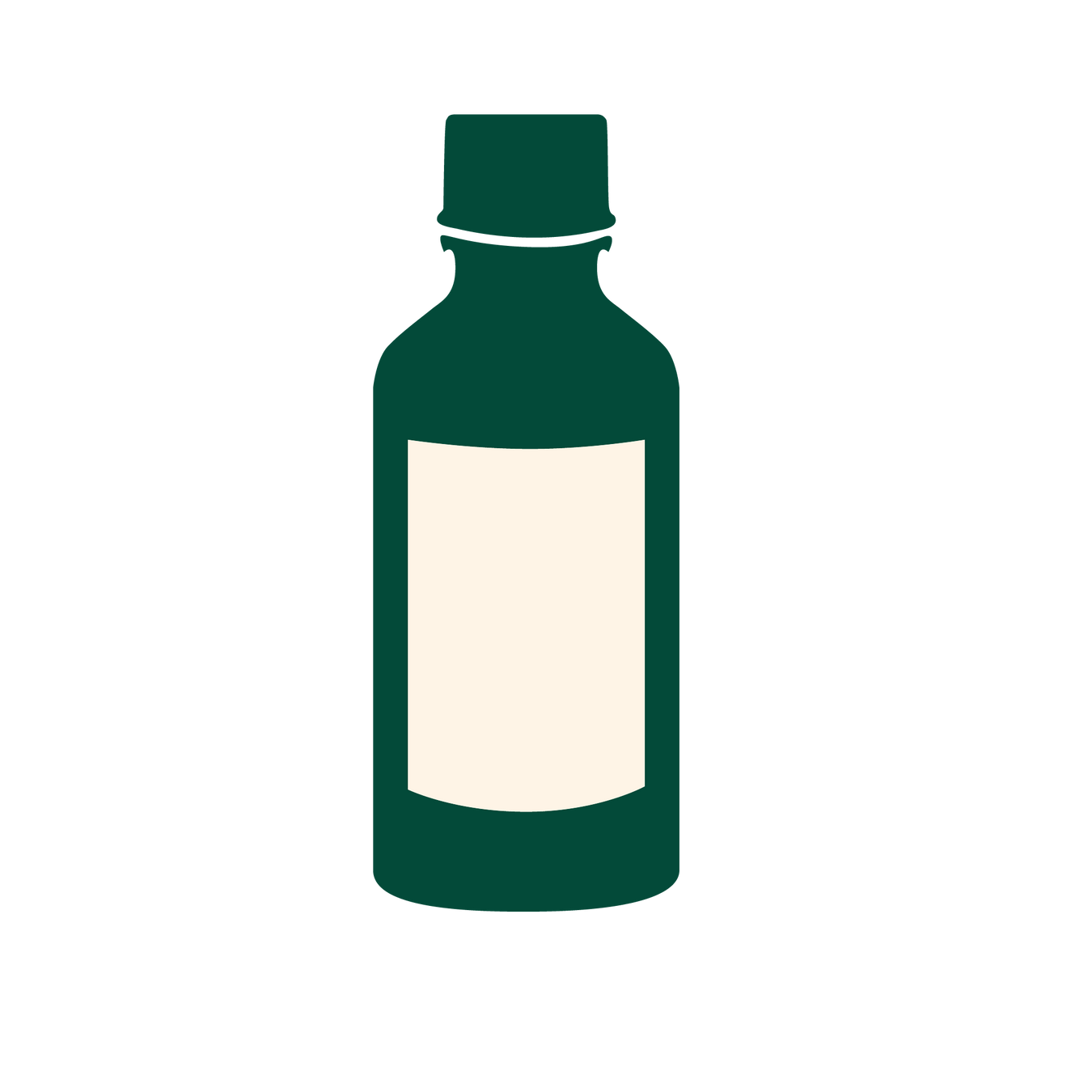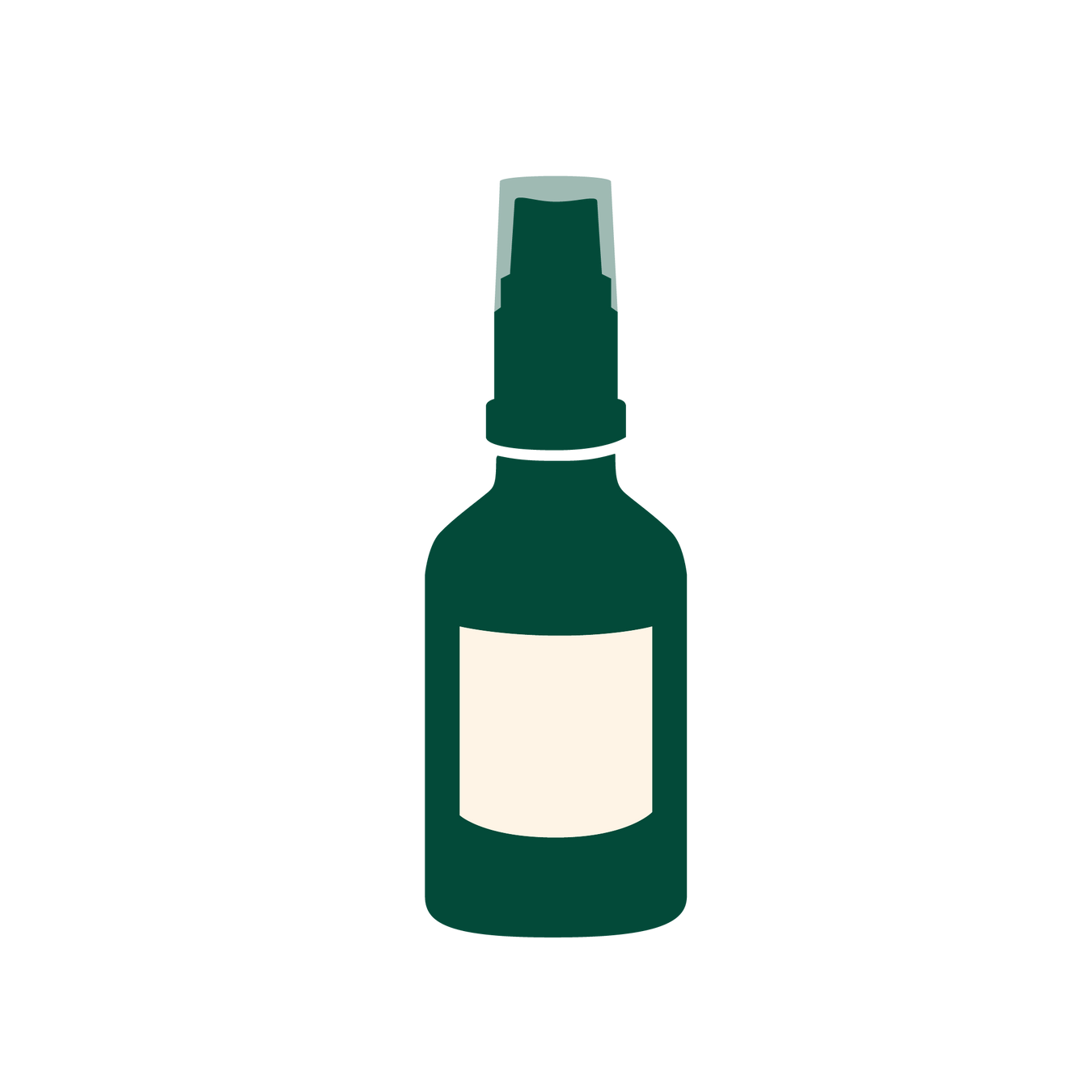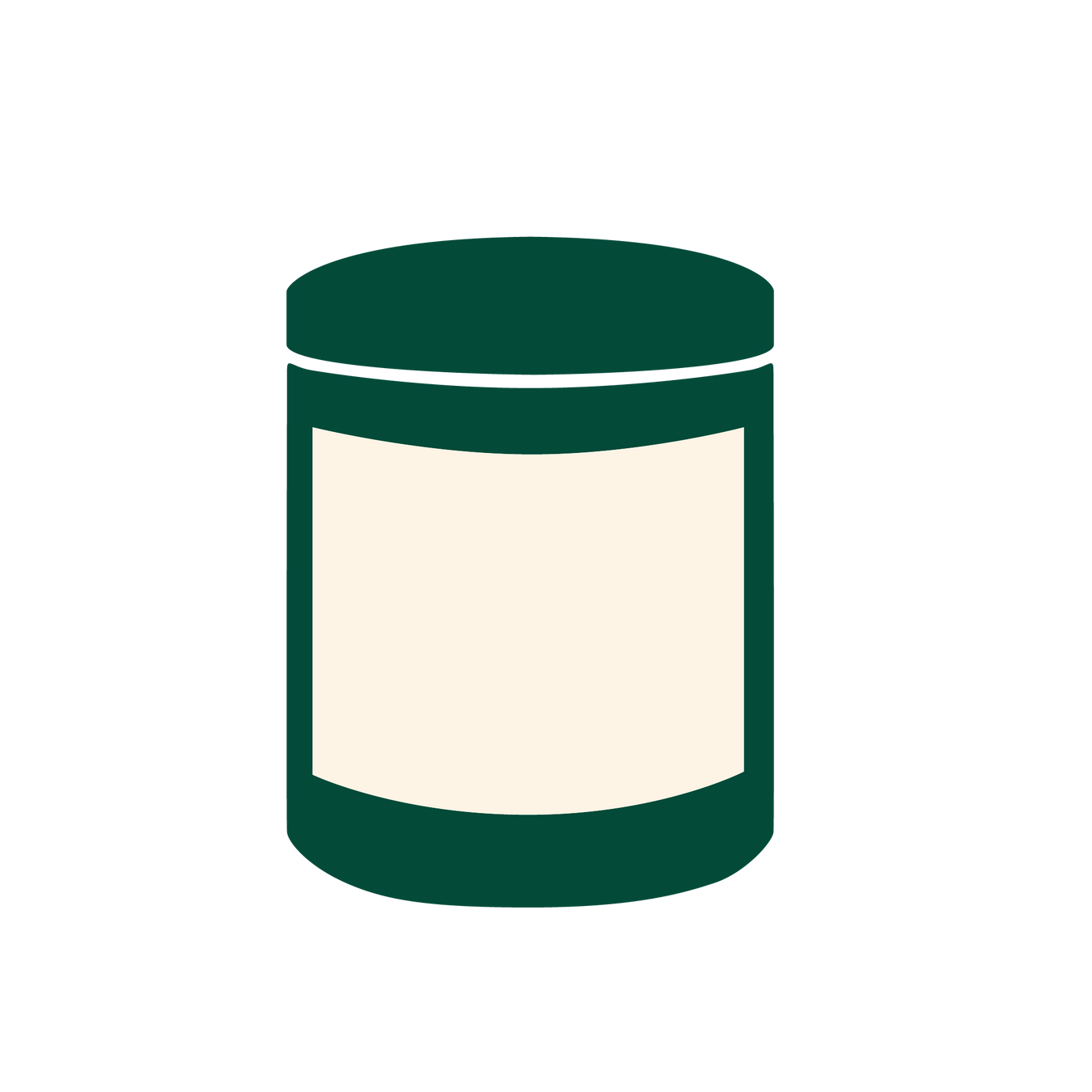
Strong immune system from the body's own power
Lemons and colorful energy foods for your immune system!
The new year is over, but the cold season isn't yet over. The better our natural defenses function, the more unscathed we'll get through the remaining "cold" months. A strong immune system is essential.
Our protective shields against the outside world are our skin, the mucous membranes of the eyes, nose, and respiratory tract. When this external defense becomes "brittle," pathogens invade. In the body, the pathogens are intercepted by certain types of white blood cells, the B and T lymphocytes, in addition to giant phagocytes.
Especially in the winter months, dry, cold air makes mucous membranes less resilient than during the rest of the year. The indoor climate also contributes to the well-being of mucous membranes. A humidity level of 50 to 60% in living or working spaces is ideal. Several short bursts of ventilation daily counteract an overly dry indoor climate and allow your mucous membranes to "breathe a sigh of relief."
Especially in winter, it's important to drink plenty of fluids. This supports the natural self-cleaning of the bronchi, known as mucociliary clearance.
Our body's natural defenses react sensitively to psychological and physical stress, lack of sleep, lack of exercise, and cigarette smoke. Unfortunately, environmental pollutants such as electrosmog, particulate matter, and mold in our homes are also bad for our immune system.
In addition, due to the corona situation and the pandemic restrictions, we are not “training” our immune systems as usual.
Cold and flu viruses are transmitted via aerosols (small liquid droplets) of varying sizes. Noroviruses, which are known to cause intestinal diseases, also spread via droplets when vomiting. In closed, poorly ventilated spaces, the aerosols can easily disperse over a long period of time... and attack the body's first line of defense—the mucous membranes.
What role does nutrition play, and can foods boost the immune system? Yes, they can.
Certain foods can activate enzymes, making the saliva's defenses more detectable. Ginger, for example, releases enzymes in the mouth that fight bacteria and fungi. Citric acid, which is found not only in lemons but also in apples, pears, raspberries, and currants, increases lysozyme levels in saliva. Yellow lemons, red bell peppers, green broccoli, apples, green-ripe kiwi, vibrant blueberries, deep orange carrots... colorful, high-energy food for our immune system.
Vitamin C, vitamin D, and zinc support the normal function of the immune system. Vitamin C is found in citrus fruits, as well as in broccoli and fennel. Vitamin D is found in egg yolk, herring, mackerel, and salmon. Lentils, walnuts, beans, and hard cheese contain zinc.
A healthy diet is the foundation for a strong immune system. Fast food is not good for your health. Studies have shown that our immune system reacts to sugar, excess salt, and hydrogenated fats as if it were a bacterial attack. The consequences are inflammation in the body.
You can enjoy the power of lemons and a healthy dose of liquid with this recipe:
Pour the juice of two organic lemons and a teaspoon of freshly grated ginger into 400 ml of hot water. Let it cool slightly and sweeten with a little honey if desired. It's delicious!
